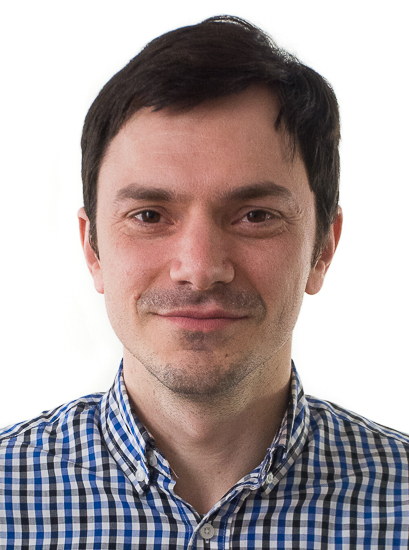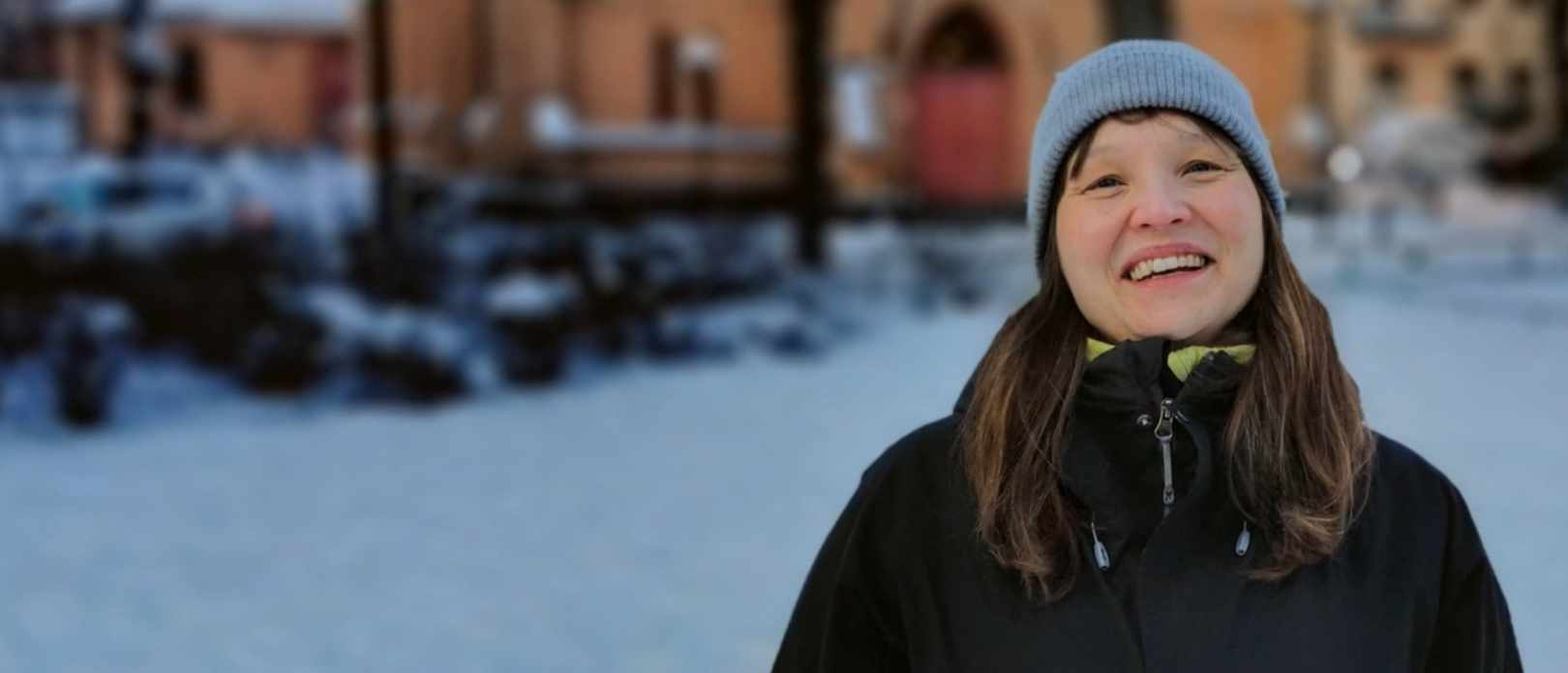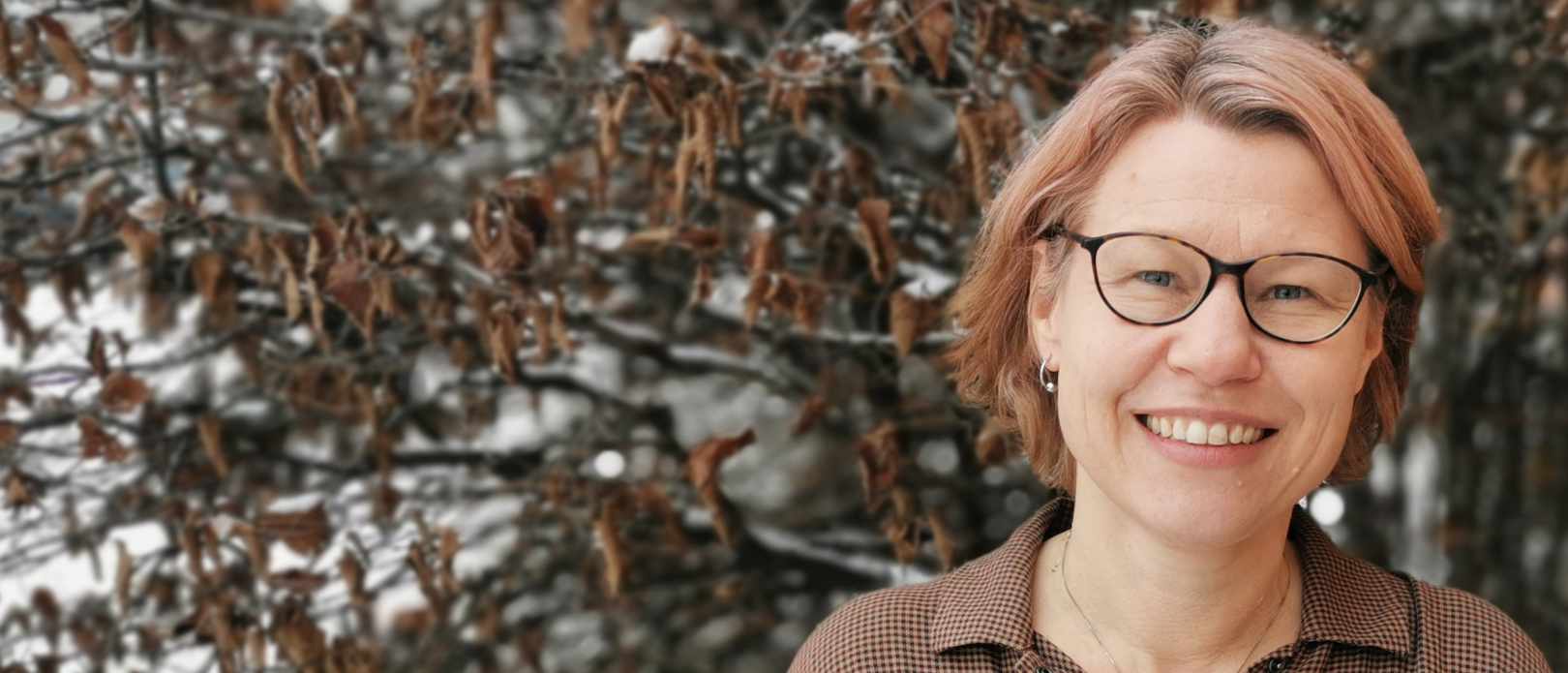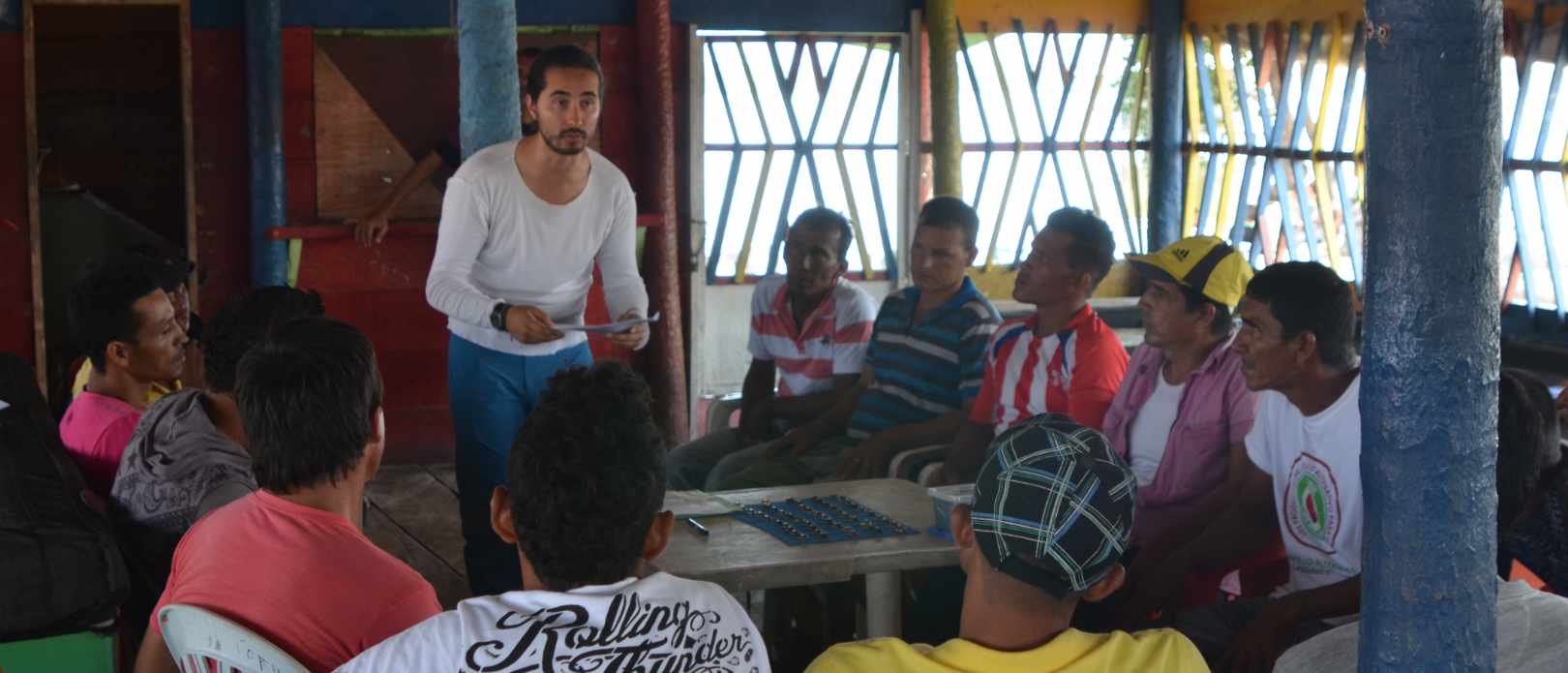RESEARCH PROFILES
Not your average Aquaman
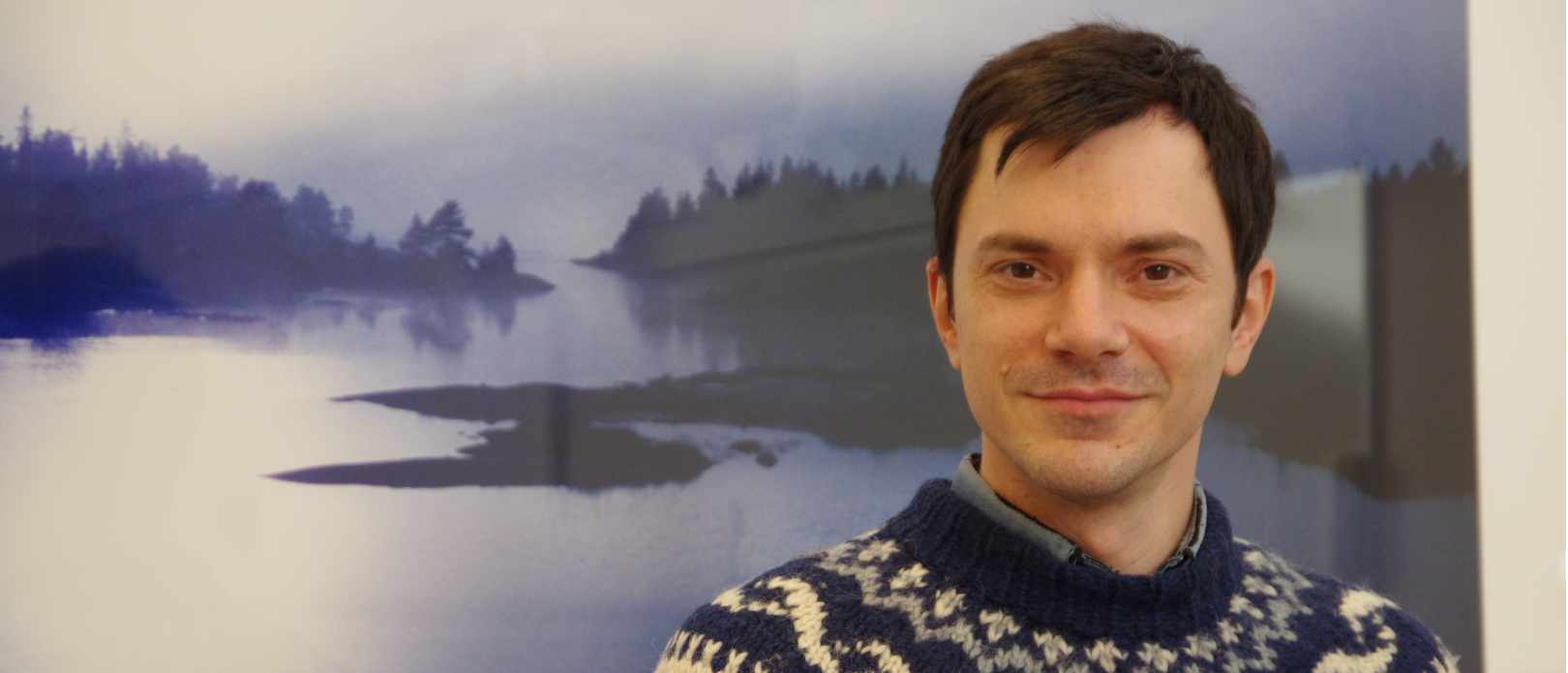
Robert Blasiak is one of the new leaders of the centre's research theme on ocean research.
Centre researcher and new theme leader Robert Blasiak, talks marine sustainability, James Bond villains and his past life as a German translator
- In 2020, the centre introduced new research themes to reflect a shift in the centre’s research focus
- One of the new theme leaders are Robert Blasiak who will co-lead the new Oceans theme
- His research focuses on stewardship within the seafood industry and issues surrounding marine genetic resources
If Forrest Gump was right about life being as unpredictable as box of chocolate, Robert Blasiak might just be the living proof of it. For almost a decade this New Yorker worked as a German-English translator before ending up as a PhD researcher in Japan. Both his professional and private life is closely connected to that country, but for now, Sweden is his home.
We sat down with him and asked him about his career, twists of fate and why hope should never be abandoned.
Robert, what got you interested in marine sustainability?
When I lived in Yokohama, I could spend hours walking around the Miura Peninsula or Sagami Bay looking at the tidepools and seeing what had been washed up. It’s an amazing place and I learned later that it’s where the first marine science station in Asia was built over 100 years ago.
You work across research, policy and business. What do you enjoy most about that?
It’s like that moment in every James Bond movie when the villain says “We’re not so different you and I…” – I like those moments during collaborations with people from industry, policy and NGO communities when it becomes clear that yes, in fact, we really aren’t so different, and we can accomplish something together.
And if there was a simple answer, how would you save the oceans?
I think there are a hundred different ways to “save the ocean” and we should be trying all of them, but my instinct is that if people find something about the ocean that fascinates them, that will provide a foundation for caring about everything else.
What does Japan mean to you, both personally and professionally?
My wife is Japanese, and it’s where we started our family, so Japan has given me the best things in my life. It’s also where I became a scientist, and I’ll always be grateful to my friend Akane Minohara, who introduced me to Prof. Nobuyuki Yagi in a taxi cab in Hyderabad. Years later, I got my PhD in his lab at the University of Tokyo. Japan is also at the heart of the SeaBOS initiative and it’s such a nice twist of fate that Japan continues to be a key part of my professional life.
Indeed, the SeaBOS initiative came out of work from the Stockholm Resilience Centre. What brought you to the SRC?
Several years ago, while I was still working in Japan, I came to the SRC and gave a talk, and then went to lunch with Henrik Österblom, Jessica Spijkers, Matilda Peterson and Jean-Baptiste Jouffray. I still clearly remember thinking “I like every one of them so much and it would be a dream to work with them.” That lunch was more important than the job title, salary, etc. when a position was announced a few months later.
What is your proudest career moment?
In 2019, I became involved with developing one of the Blue Papers for the High Level Panel for a Sustainable Ocean Economy on the “Ocean Genome”. Getting to assemble and co-lead a team filled with personal role models and some of the best scientists out there was a huge learning experience.
What about moments of frustration and despair?
In the Bible, the one unforgivable sin is despair – abandoning hope – because it suggests a belief that the challenges in life exceed the gifts we’ve been given and the chance of redemption. I’m not a religious person, but this resonates deeply with me. As a scientist, if I abandon hope that my work can make a difference, then I need to move on to something else.
What worries you the most about the world we live in?
I guess I worry most about loss of empathy and tolerance. Leonard Cohen used to talk about monks living in a pagoda being like stones in a bag – over time, the close contact rubs away all the rough edges, leaving behind brightly polished stones. If there’s empathy and tolerance in the world, I think we get the polished stones. If not, maybe we just grind away at each other until we’re all dust.
What encourages you the most?
I saw a quote the other day from Marie Antoinette that “There’s nothing new except what’s been forgotten.” Yes, there’s plenty to worry about, but there always has been. And learning about what has been accomplished anyway always encourages me.
Let us talk about your past as a German-English translator. How and why did you become that?
I did a year abroad at the University of Freiburg in southwestern Germany, and that eventually turned into four years when I got a job there. Years of drinking good beer and hiking with friends in the Black Forest taught me German. At some point, people started asking me to translate their resumes and cover letters. Then it was book chapters and articles. At some point I realized I really liked it, and that’s a good starting point for anything.
You are a New Yorker who speaks German with a Japanese wife, living in Sweden how is that? Is this something destiny threw at you or is it a well-designed path of life?
I remember reading once that if you look at the vessel track of a sailboat, it’s a constant zig-zag of tacking back and forth to catch the wind and get where it needs to go. But if you zoom out, the zigzags disappear and a smooth curve appears. Responding to these questions makes me think that things haven’t been as strange and zig-zaggy as they appear and that there is some method to the madness. We’ll see.
